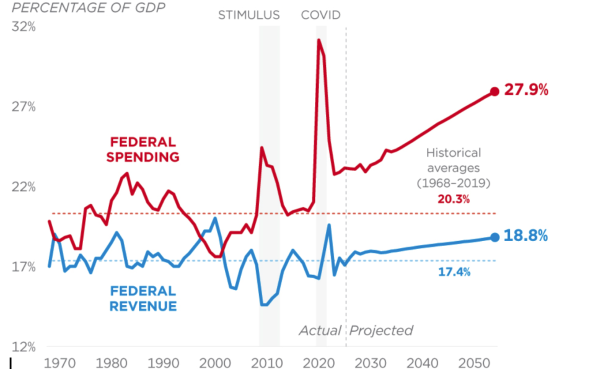Does Westminster really recycle? (and more information about on-campus sustainability)
High school and college campuses can be large contributors to climate change, so, in recent years, a movement emphasizing sustainability, reducing waste, and preserving our planet has grown. From using reusable straws to transitioning to vegan or vegetarian lifestyles, individuals of all ages are making changes to live more sustainably. The climate movement has also pushed larger institutions like Westminster to address environmental issues and work to resolve them.
Through foresight and dedicated effort, Westminster has implemented numerous eco-friendly initiatives on campus. For example, in the construction of Hawkins Hall and Barge Commons, Westminster administrators decided to include a modern heating and cooling system that saves hundreds of thousands of kilowatt-hours of electricity per year. Barge Commons was also designed to maximize natural light, eliminating the need to use extensive indoor lighting, and even making the indoor lights LEDs, an energy-efficient light source. In addition, the majority of buildings on campus have water-saving measures implemented in restrooms, such as dual-flush toilets and motion-sensor sink faucets.
Sustainability at Westminster comes in many more forms than just infrastructure. Before the start of the COVID-19 pandemic in early 2020, students in the Lower School participated in a program from CompostNow, a nonprofit organization that aims to promote composting and reduce food waste in landfills. In just half a year, from August 2019 to February 2020, the Lower School diverted 19,277 pounds of waste from landfills and created about 2,000 pounds of compost. The impact they made—the equivalent of saving more than 50,000 pounds of carbon dioxide—encouraged Westminster faculty, who aim to bring the program to the Middle and Upper school divisions in the near future.
“The CompostNow program in the Lower School was an experiment,” said dean of curriculum and academics Jim Justice. “The goal was to bring the program to the Middle and Upper schools if it worked in the Lower School, which it did.”
The COVID-19 pandemic has since interrupted the progress of the CompostNow program on campus, but administrators are working to bring it back in the near future.
While Westminster has made these attempts toward sustainability, the school often receives criticism because many question whether the school actually recycles. Upon investigation,Westminster is fully capable of recycling but often cannot recycle. The school has the proper recycling infrastructure in place but is physically unable to recycle because students and faculty incorrectly dispose of waste.
“We do have recycling waste bins on campus; however, if [someone] throws trash into one of those bins, then the whole bin becomes standard trash,” said dean of student life Nicole Justice. “The school does not even try to dump the recycle bins into recycling because they would be fined by the facilities they send it to.”
One solution to this problem would be to redesign the lids of the recycling bins, adjusting the shape and width of the openings so that students must properly dispose of recyclables. For example, instead of having a “catch-all” recycling bin, Westminster could purchase multiple separate bins that have a thin opening for paper, a circular opening for aluminum cans, and a larger opening for plastic. Another solution would be to further educate students and faculty on the importance of recycling since many do not know what waste could contaminate the bins.
“Many people unknowingly recycle items that contaminate the overall load,” said Justice. “For example, even recycling a water bottle that is half-full of water would classify the entire bin as trash.”
In addition to the recycling problem, many students also voice concerns over environmental awareness at school.
“I’m glad that Westminster is making efforts to become more environmentally conscious,” said sophomore Kathy Peng. “However, I feel that the school hasn’t really informed students about sustainable initiatives on campus, like the recycling program.”
Although Westminster could work on improving its approach to environmentalism on campus, it is important to note that, ultimately, the future of the school’s ecological advancement depends upon its students and faculty.
“As a community, we need to be more aware that our actions can directly influence the school’s environmental progress,” said Justice. “By taking the right measures, I’m confident that Westminster can soon have a culture that promotes recycling and sustainability.”




